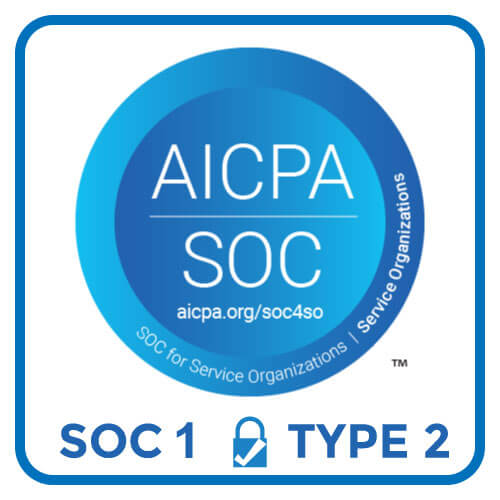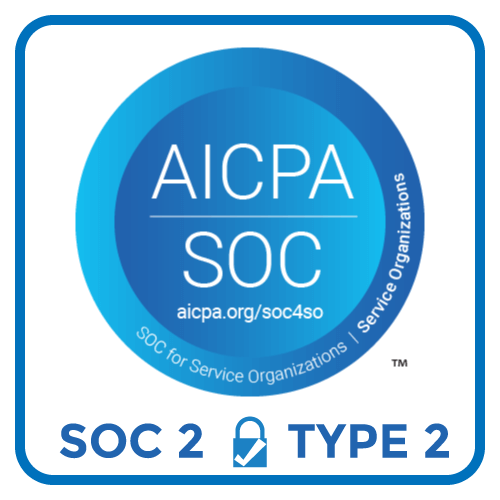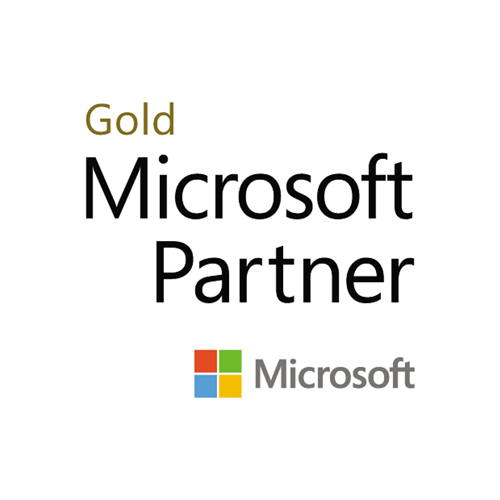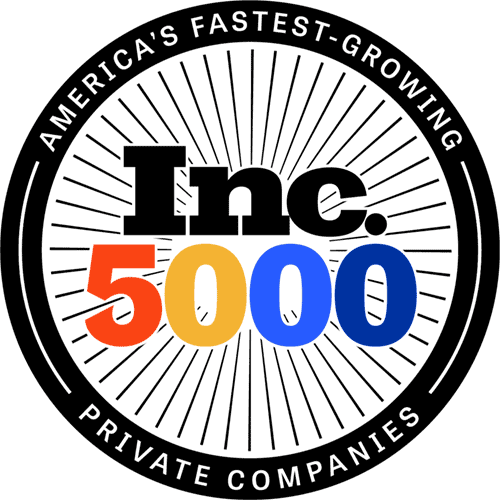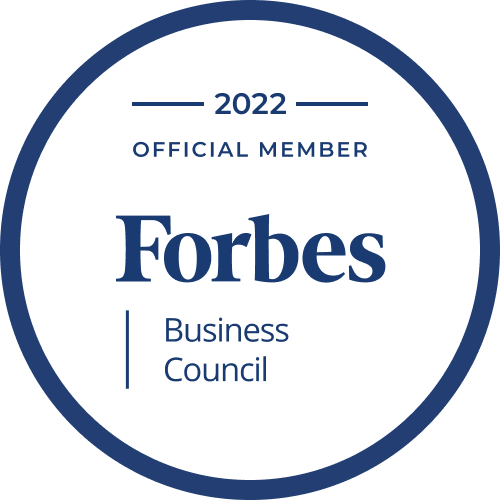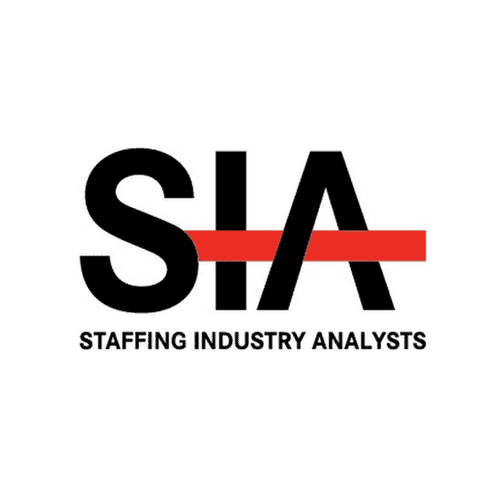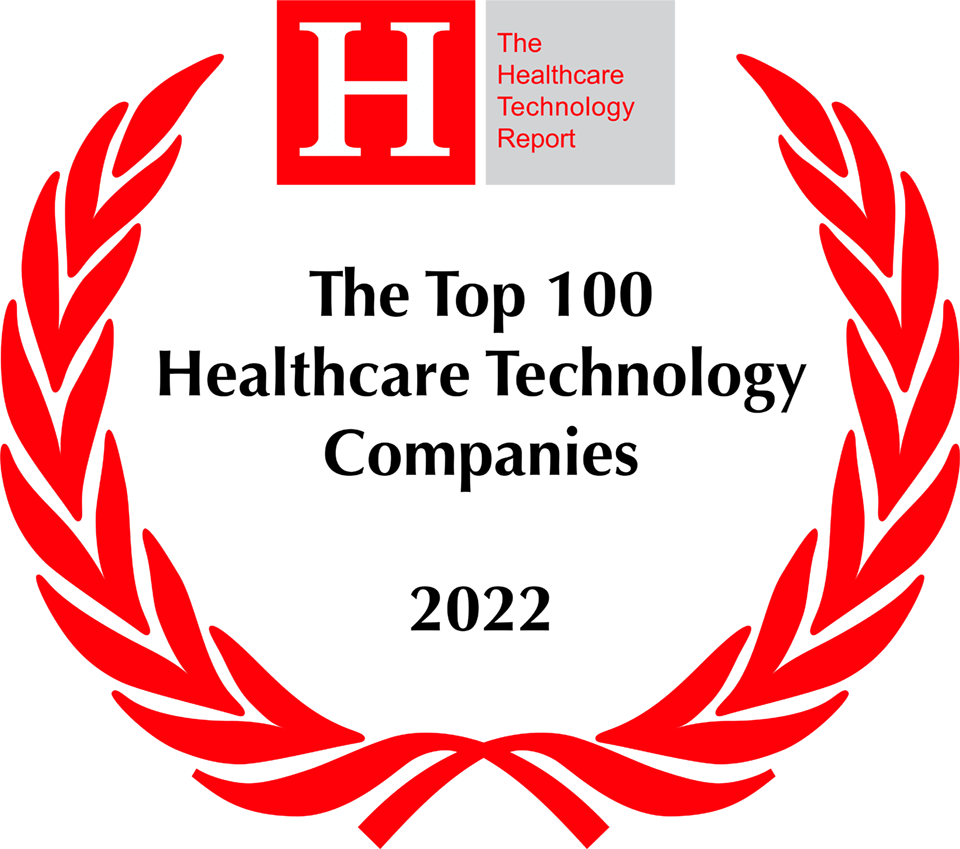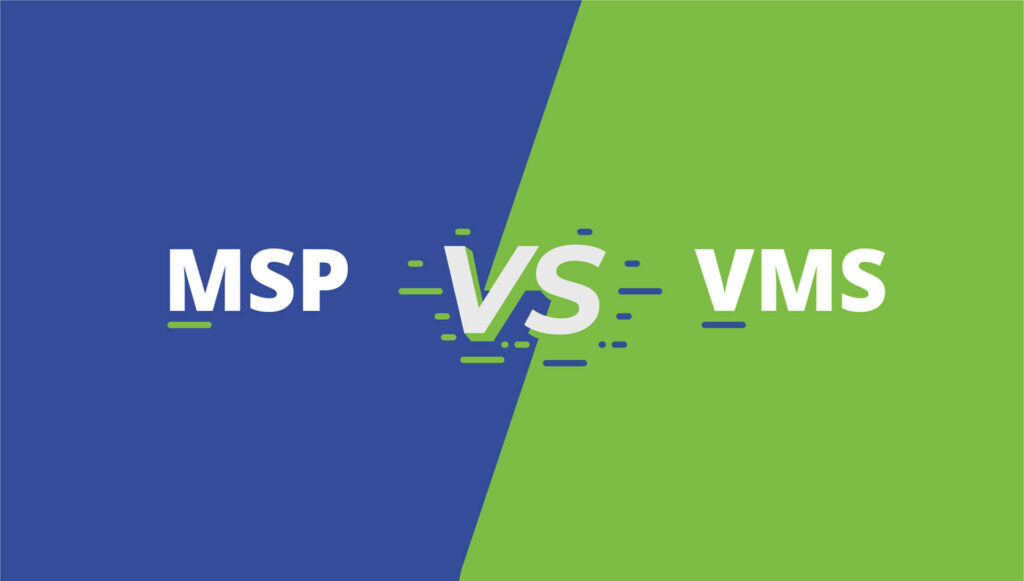
The global demand for contingent labor is rising, and rising fast. In the United States alone, an average business has close to 20% contingent workers (or freelance workers), and nearly 4 out of every 10 US-based workers are contingent staff. By 2027, nearly 60% of labor will be occupied on a freelance basis – with the figure estimated to grow further over the next couple of decades.
With the increase in contingent labor globally, MSP (Managed Service Provider) and Vendor Management System (VMS) have emerged as the best solutions for optimal external contract labor management. At this juncture, an in-depth comparison of MSP and VMS has been presented:
MSP and VMS Are Different
At the very outset, it is important to note the fact that MSP and VMS are not exact alternatives. The former refers to an agency that handles entire staffing requirements and contingent worker policies for companies. In other words, organizations hire MSP agencies and outsource their staffing-related tasks to them. VMS, on the other hand, is the software technology which brings all contingent staffing and external contract management transactions online – allowing the MSP to function optimally. Together, VMS and MSP ensure glitch-free workforce management processes.
VMS Offers The Best Of Technology With Minimal Reliance On Manual Work

The choice between MSP and VMS solutions also hinges on the willingness of an organization to rely on a third-party team of people (working with technology), or smart technology that delivers staff optimization per se (without third-party agencies). Vendor management system is the software interface that can be used by businesses to manage their external contracts/contingent staff. There is no human element involved in it. Managed service providers (MSP), however, are the people-oriented agencies – where technology plays only a supporting role. VMS is the best choice for organizations looking for a smart software platform to manage existing staffing requirements, while MSP should be the preference of organizations that are okay with hiring external agencies for end-to-end recruitment, onboarding, and all other stages of external contract management (working with an MSP can involve additional expenses).
For Managing Current Healthcare Contracts & Contingent Staff, VMS is Better

Just as MSP and VMS are not exactly similar solutions, the specific advantages they deliver are also distinct. For organizations that are looking to manage their current external contracts and contingent staff pool better with the help of in-depth reports, accurate & easy-to-understand billing, management process streamlining and vendor-neutral solutions, a cloud-based VMS should be the preferred choice. There are, however, organizations where the HR department needs more support – like a seamless recruitment process, easy external contract setup, reduced employee turnover, data recording for reference, and more. For such businesses, going for MSP agencies is the better idea. Both MSP and VMS help companies cut down on additional expenses and focus on their core business functions.
MSP Is Not As Scalable As VMS

When it comes to the best possible management of individual external contracts, VMS is by far the better solution. With a host of powerful features, like credential tracking, staff detail storing and simplified invoicing, the software ensures smarter workforce management. Scalability is yet another factor where VMS scores over MSP. The former can easily be used to optimally resolve the varying labor management requirements of different organizations. Working with MSPs, on the other hand, is potentially more problematic – since these third-party agencies can make recruitment/staffing processes unnecessarily elaborate and inefficient. Also, MSPs are not ideally suited to handle independent contractors. VMS works best for those that are looking to manage individual contracts and workforce better.
Note: MSPs can also cause burgeoning annual expenses, affecting the overall efficiency of operations at healthcare organizations. Relationships with external agencies also result in the overall recruitment cycles slowing down – while there is no assurance on whether the correct recruitments will be made either. A VMS platform successfully bypasses these problems.
VMS Delivers Higher ROI Than MSP Agencies
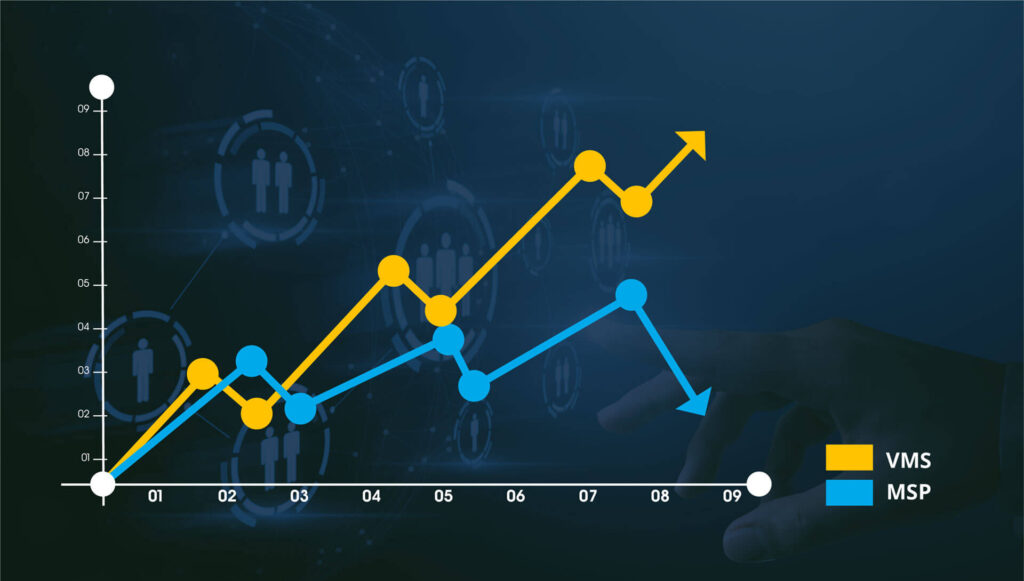
The demand for high-quality, trained labor is increasing exponentially among healthcare firms worldwide. A VMS tool is better suited to handle the resultant staffing challenges than a third-party MSP. With a vendor-neutral VMS, organizations retain the freedom of evaluating the candidates as required, and taking the final hiring decision. The automated reporting capabilities and efficient order distribution of VMS platforms deliver convenience as well. It should also be noted in this context that VMS does not handle recruitments, unlike MSPs. Both VMS as well as MSP involve expenses (agency fees are generally higher) – but thanks to its greater efficiencies and ‘better visibility’. it is the former that delivers the higher effective ROI.
VMS and MSP: What To Look for?
Irrespective of whether an organization decides to go with a VMS or a MSP, it is important to make informed decisions. That, in turn, implies that the decision-makers need to know about the features to look for in the best MSP and VMS solutions. While looking for a third-party MSP agency, businesses should look for dedicated account managers for round-the-clock support, technology-agnostic and vendor-agnostic services, licenses and legal compliances, and, of course, the capability to handle the recruitment requirements on a timely basis. The additional agency charges also need to be enquired about. Similarly, prior to selecting a VMS software platform, it is advisable to look for its capabilities for bill consolidation, report customizations, payroll/expense/time tracking, task scheduling, and other related functionalities. Unless users know what to look for, they will not be able to select the best available external contract management solution.
VMS: The More ‘Visible’ Healthcare Contract Management Tool

Since VMS refers to the technology platform that can be used directly by businesses (or by external agencies), they offer greater visibility into how the contingent workforce is being managed. They also offer organizations the chance to enhance their operational efficiencies – through streamlining their HR processes and tracking all the key metrics. A MSP, however, takes over the entire recruitment of the contingent pool of workers – and hence, it does not provide the same level of visibility. There are certain additional functions – like candidate marketing, talent pooling and payroll services – that MSP agencies deliver, but transparency remains a concern.
Bypassing Operational Delays And Biases
Irrespective of what many MSPs claim, they generally do not ‘take the recruitment responsibilities entirely out of the hand of healthcare organizations’. To-and-fro communications still have to be made – to intimate agencies about vacancies available, to schedule interviews, to report conflicts of interest, and other tasks. These, in turn, cause delays – defeating the need for having the RIGHT person in the RIGHT post at the RIGHT time. What’s more – MSPs may not be entirely vendor-neutral (or at least, they might lean towards existing vendor relationships). With a VMS solution in place, these concerns are done away with. There are no unnecessary communication delays – since all key processes, right from interview requests to interview scheduling – are automated right inside the software platform. In a nutshell, MSPs still require a wide range of labor-intensive, time-consuming tasks – while VMS automates these processes and delivers the best of technology.
While MSP and VMS are different solutions for external contract management, it is important to understand that businesses can combine the two for best results. A carefully chosen MSP can use an efficient and cost-saving VMS solution – for fully streamlined and effective management of contingent workforce. The key lies in understanding the precise HR requirements of the organization, and looking for a solution that would be the best fit.
If the pandemic has taught us anything over the last year in terms of technology and the remote workplace, being connected to technology has become more important than in person meetings for some healthcare leaders. Having visibility into the evolving gig economy has never been more important, and the solution a healthcare system makes this year will collide with this fast-moving transition to the freelance, workforce driven dynamic of the future.




